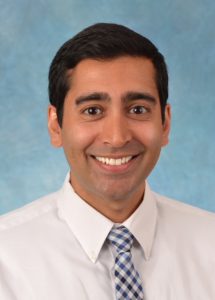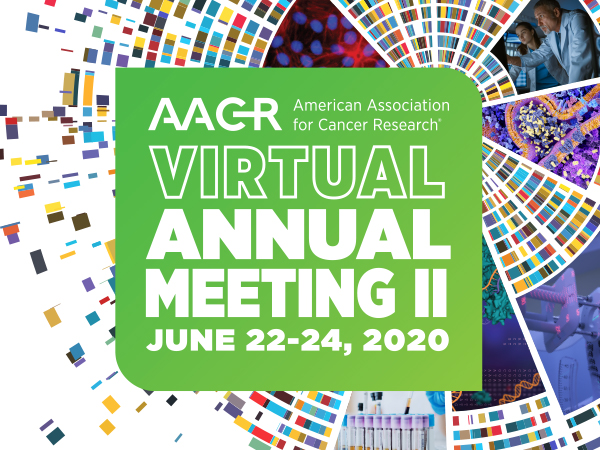AACR to Continue Unique Grant Program to Support Physician-Scientists in Training
In addition to world-class training in patient care, physician-scientists also require experience in laboratory and clinic-based research to ensure that they stay up-to-date with the pace of medical progress. As such, many fellowship programs offer dedicated research time, often for a year or longer, to these young physician-scientists, providing them with sufficient expertise to contribute to laboratory-based research projects or clinical trials that will advance medical practice and improve patient outcomes.
While the majority of these research experiences occur in an academic setting, where projects focus on basic science and translational studies or small clinical studies, there remains a paucity of training opportunities for clinical fellows to gain expertise in conducting clinical trials focused on immuno-oncology.
Recognizing this knowledge gap, AACR has partnered with the pharmaceutical industry to offer a unique training opportunity for these physician-scientists. The AACR Clinical Oncology Research (CORE) Fellowships* provide grant recipients with the opportunity to conduct research onsite at a pharmaceutical company, where they will learn firsthand how to conduct early-stage and/or late-stage clinical research. The ultimate goal of these fellowships is to enhance the training of physician-scientists by providing them with real-world experience in clinical development that will complement their academic research expertise.
Siddharth (Sid) Sheth, DO, MPH, a third-year clinical fellow in medical oncology at the University of North Carolina at Chapel Hill, saw the importance of this novel training opportunity to advance his development as a physician-scientist. Following the completion of his fellowship, Sheth plans to start a junior faculty position as a head and neck medical oncologist at a large academic medical center. He hopes to develop biomarker-driven, immunotherapy-based clinical trials that can maximally benefit patients with head and neck cancer. Sheth recognizes that strong collaborations between academia and industry will be needed to effectively conduct such trials.
“I applied for the AACR-AstraZeneca-MedImmune Clinical Immuno-oncology Research Training Fellowship because I knew that this grant would provide multiple unique learning opportunities that would not otherwise be available in the traditional academic setting,” he recalls. “If selected, the knowledge gained from this fellowship would enable me to be a more effective collaborator in industry sponsored clinical trials and developing investigator-initiated trials.”
Indeed, Sheth was selected as the very first recipient of this grant and its impact on his career is already being felt. “The AACR-AstraZeneca-MedImmune Clinical Immuno-oncology Research Training Fellowship has it all,” he explains, “From clinical trial experience to protocol writing to understanding translational data to product strategy and development, you get the full experience.” During his time onsite at AstraZeneca-MedImmune, he hopes to obtain a better understanding of how working with industry can bridge the intersection in oncology between scientific discovery, unmet clinical needs, and the business decisions that lead to drug development and funding of clinical trials.
As Sheth continues the Immuno-oncology Research Training Fellowship, he is eager to develop research studies and connections that will benefit everyone involved with the fellowship when he returns to academia. “This fellowship is such a unique experience,” Sheth says, “You get a firsthand look at how industry works. Everyone at AstraZeneca-MedImmune has been so welcoming. The clinical development team understand that my primary goal for the year is to learn, however, my involvement is not passive. I have become an integral member of the clinical development team. Each day offers something different and I have real opportunities to develop my interests and provide meaningful input.”
*The AACR is pleased to share that this program will continue in 2019, thanks to the generous support of AstraZeneca-MedImmune and Bayer; applications will be accepted until January 16, 2019. Interested applicants are encouraged to visit our funding page for more information and details on how to apply.




